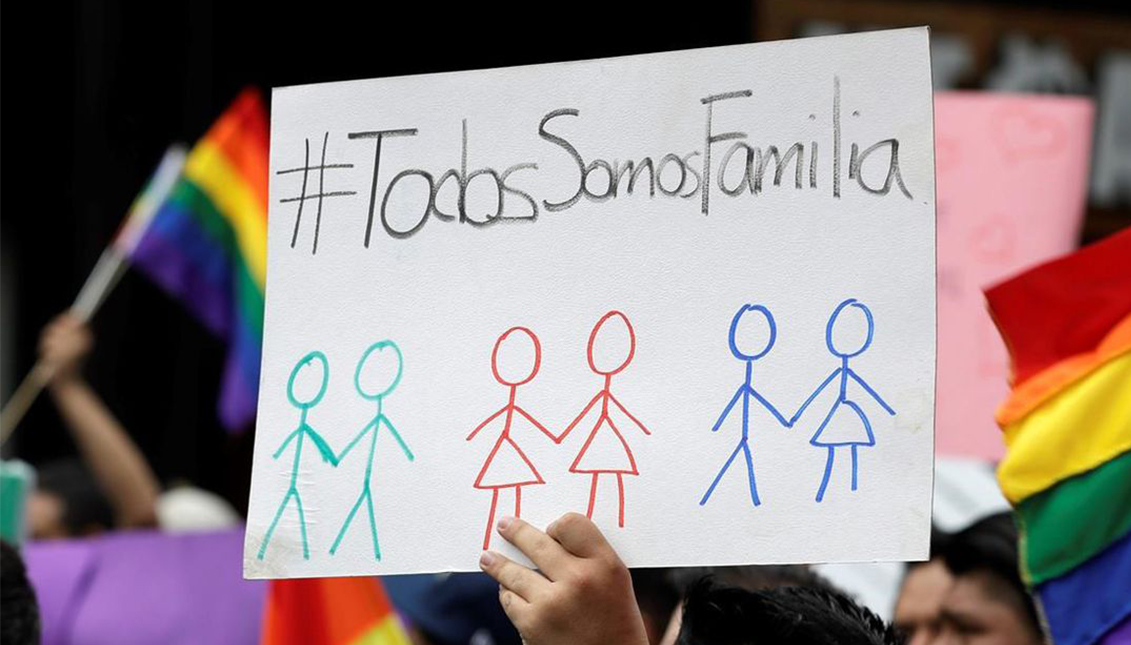
Mexican State of Puebla Legalizes Same-Sex Marriages
Once a traditional stronghold of conservatism, Puebla has changed a lot since the left imposed itself, but the struggle is long, and there is still much work…
By "overwhelming majority," the Congress of the Mexican state of Puebla, one of the most conservative in the country, decided last Tuesday to legalize same-sex marriages.
Puebla joins a majority of the 32 states throughout the country where the rights of LGBTQ people to an equal union are protected by law. However, Mexico is still in the battle against homophobia and transphobia. There are still states where only this type of union is accepted by the Supreme Court's order, such as Jalisco, Nueva Leon, Baja California, or Aguascalientes. In Jalisco's case, the organizations denounce that the ruling imposed in 2016 is not being respected.
Puebla's resounding yes is a celebration for Mexico as a whole and proof that the state's political change of direction, which has long been strongly conservative but is now in the hands of President Andrés Manuel López Obrador's National Regeneration Movement, is being noticed.
Despite the strong pressure, they continue to receive from the Church and some fundamentalist groups and increased violence, especially against transgender women.
Last September, Leslie Rocha, a transgender woman from Ciudad Juarez, was found murdered inside her home just three days after a demonstration by the LGBTQ community calling on the State Prosecutor's Office to end the hate killings - a week before the murder of Mireya Rodriguez Lemus, a well-known trans rights activist, had been reported.
RELATED CONTENT
According to the organization Transgender Europe, Mexico has the second-highest rate of trans-femicides in the world after Brazil alone. Between 2013 and 2018, 473 murders of LGBTQ people were reported, of which more than half were of trans women.
But there is even more chilling data since, according to Transrespect.org's Trans Murder Observatory, 78% of the world's trans murders take place in Latin America, and the average life expectancy of a trans person does not exceed 35 years.
The struggle of civil society organizations and the trans community has achieved important victories, as evidenced by Puebla's right to equal marriage. Still, much remains to be done to change the laws and the entrenched criminalization of very vulnerable groups.
As Jessica Marjane of the Trans Youth Network told El País, "rights in Mexico are rights with terms and conditions. Mexico has 32 states, and that means 32 different realities."
The activist added that "although there are laws to guarantee, promote and respect people's rights, there are no mechanisms for compliance and even less for protection, transparency, and accountability."











LEAVE A COMMENT: